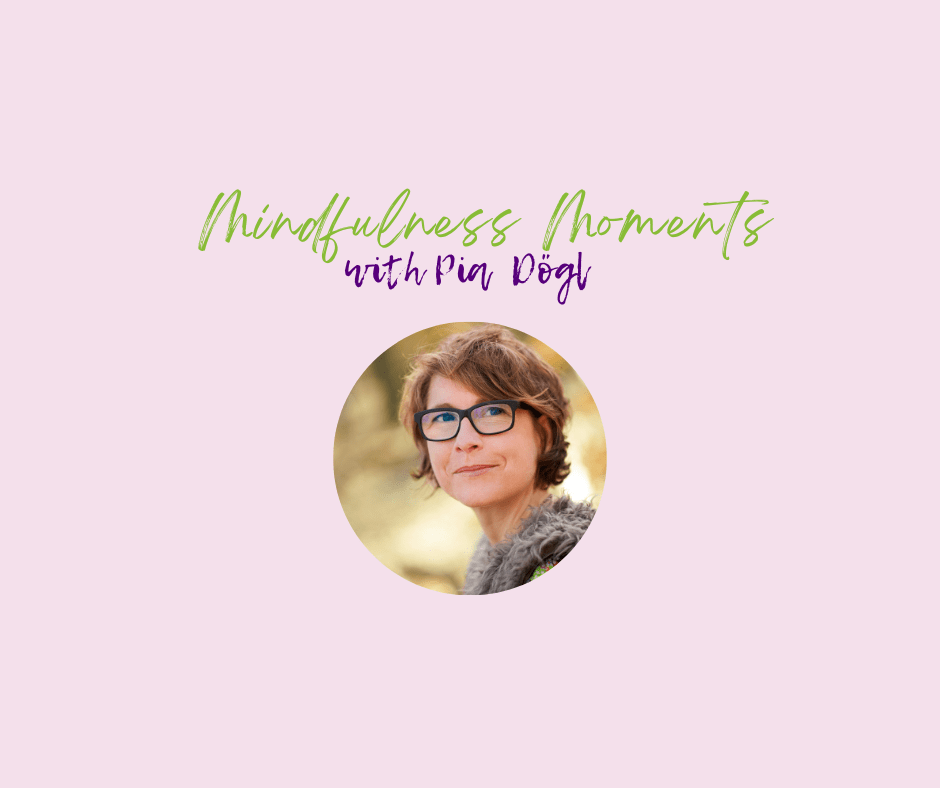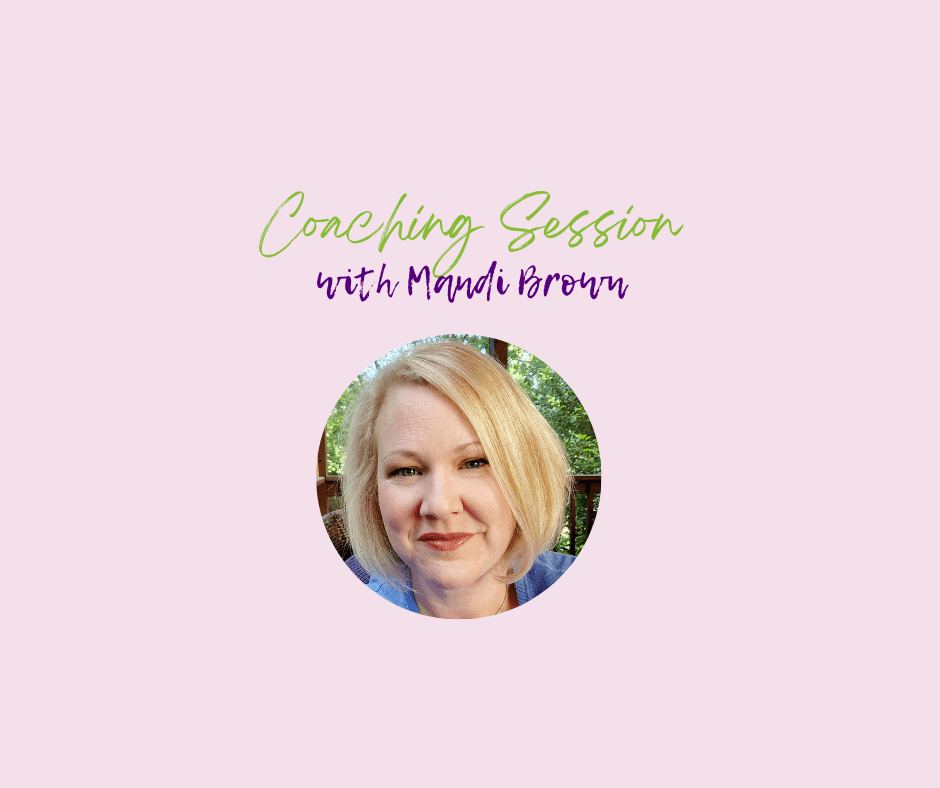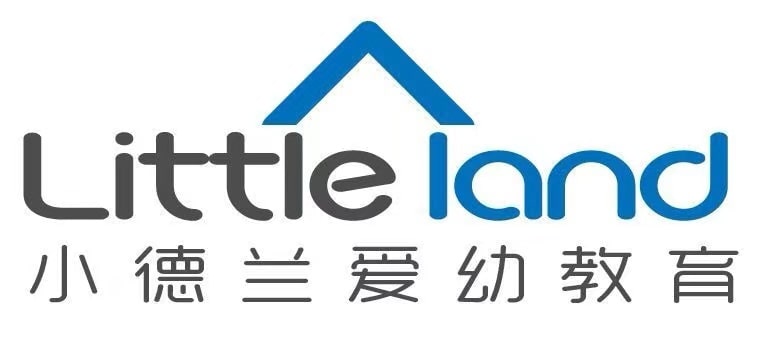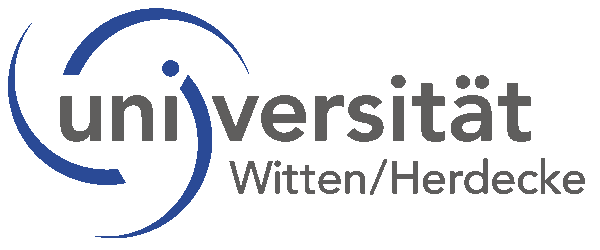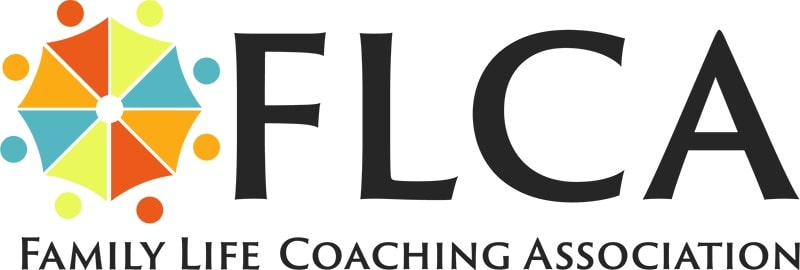Project Description

Read the transcript
Hi there, mama. Are you searching for another way to approach motherhood? One that puts your needs first, that allows you to live it all without guilt or holding back any of your amazing talents and unique gifts, then the Live It all Mommy Podcast is made for you. Each month we are taking you behind the scenes, looking into the real world of motherhood.
Giving you a roadmap to unleash your unique potential, your passion, self-trust, and purpose as an amazing mother, deep soul, and powerful working woman, it’s time to live at all, mommy, let’s dive in.
Pia Dögl: Do you want to know what it takes to be a successful working mom, to unleash your confidence and decision making power? Today I’m most delighted to interview Magdalena Yesil, a powerful woman who is not only a successful entrepreneur who has launched several companies, but also venture capitalist of many of the world’s top technology companies.
Magdelena is also founder of Broadway Angels and the author of several books, one’s called Power Up, How Smart Women Win in the New Economy, and most importantly, she is the mother of two sons and grandmother of two little ones.
Magdalena, thank you so much for being here today.
Magdalena Yesil: Thank you.
Pia Dögl: So let me be honest, I feel overwhelmed just by reading your bio, and I ask myself, how can a single woman, mother, and grandmother, accomplish so much in one lifetime?
And let me admit, I feel jealous. So please, before you share any details about your amazing story, as a successful working mother and woman, is there anything you are scared of?
Magdalena Yesil: Oh, I’m scared of a lot of things. Every day I go to bed worrying about things. Sometimes the longer it takes me to tackle a problem, the more scared I get.
But my key is every morning when I wake up, I leave my worries and my fears for the dark time and every morning I start refreshed, even if I’m not, and have the attitude that this is my shortlist of things I will tackle, my list is always short because you cannot tackle too many things all at once.
And it’s that constant reminder that fears and anxiety, at least for me, doesn’t belong in my day. I might be worried, I might be scared, but I worry about those things at night. During the day I start refreshed, I start anew.
Pia Dögl: That sounds amazing. And too good to be true. So tell me a little bit more deeply, how can you switch from the fear?
The only idea I get is to just start with doing things, and then the more we do, the more we get out of our mind. And the fear is transformed. Is it a little bit like that?
Magdalena Yesil: No, absolutely. I do think the more we delay, we have a tendency, I shouldn’t say, I should speak for myself. I have a tendency, which I think is fairly common, to postpone things that I’m uneasy about, that I’m uncomfortable with, that I don’t feel highly confident that I can accomplish.
So I push it out on the horizon. I don’t want to tackle it right away, and that just makes it worse. So I learned that in life, if something is bothering me, I need to actually get started and break it down. I have an engineering background, so that helps me break it down to pieces. It doesn’t matter what the problem is, I break it down to small pieces.
Bite size pieces that you can tackle at each step. And once you start making progress, then the fear gets much lower, at least for me. But that doesn’t mean that I don’t wake up feeling overwhelmed with things, I do. It’s I think, total human nature.
Pia Dögl: Yeah. Thank you for being so honest and I totally agree.
My goal is always to start with those things I’m scared of, before I have breakfast, so I don’t take them with me during the whole day. What I’m not really good at is what you described which was not to have a too long list, just have a couple of things on your list.
How do you do that? My experience is during the day, even if we start with a list with, let’s say five points, five others come on top because, something that we weren’t prepared for just comes up, any conflicts, relationship issues, the child gets sick, etc. So how do you deal with that?
I think interrupts are very natural.
Magdalena Yesil: I think we all have interrupts all throughout the day, but it’s so important to remember every morning to make your shortlist, because if you just let interrupts run your day, you’ll never get to your shortlist.
When I had little kids, I used to say, “If there’s only one thing, not two things, not three things, only one thing I could accomplish today that would be the highest value to my company. What would that be?”
And I would repeat that to myself throughout the day, and I wouldn’t go home unless I accomplished that. Every single morning I would determine what that was. The one thing I cannot go home without actually getting done.
And I cannot tell you how difficult it is to get even one thing done because throughout the day people walk into your office, you get a phone call from the kid’s school because the kid’s sick and then it goes on and there’s so many interruptions. And I think that if we stay honest with ourselves and say, “This is the one thing I absolutely have to accomplish today?” we’ll be better at managing our time so that we ultimately do accomplish what it is we want.
Pia Dögl: Beautiful advice. And for me, it’s also a self-care advice, honestly, because if we have too many things on our list and then the unknown comes on top, we already create the foundation for frustration and also, to create this feeling of failure, right?
It’s so wonderful that you prioritize one thing and that it is already a lot if we accomplish this thing because we so often think that to do one thing is nothing. So to really honor, yeah.
Magdalena Yesil: Yes, and I also think the part that is very important is not to go to bed without you accomplishing that.
You cannot allow yourself to call it done of that day until you actually do it. It’s, sorry, I cannot go to sleep because I still haven’t done it. Then I think that we become better, at least for me, I become better at prioritizing it during the day and saying to people, “I’m sorry, I have to get this done.”
Yeah. I cannot work with you on that very topic that you think is your top priority, because I actually have my top priority.
Pia Dögl: Amazing. Because I just thought, “Okay, how do I deal with that now I have a child and I haven’t done my priority goal for today, how do I deal with that?”
And then I thought, no, only the intention to prioritize this goal will allow me to accomplish it before I’m coming home. So the decision is key, right?
Magdalena Yesil: Yeah. And what happens is after a while, it could be your child, it could be the people you work with, it could be your spouse, it could be anybody.
You say to them, help me get this done, because this is my top priority. So if you publicize it to other people, then you have them share in the responsibility of you getting it done. Especially when children are young, and as a woman, most of the time we take on a lot of that responsibility of childcare.
So, if you’ve got some other responsibility besides the childcare, it’s very important to vocalize that so that people know, “Oh, she needs to get this done today.”
Pia Dögl: Very wise. I know that many moms have misconceptions such as, I’m not good enough, or I don’t have the time or money to do what I’m passionate about.
Did you ever have any self-doubts like that, and if so, how did you cope with them and not let them hinder you from taking the next action step?
Magdalena Yesil: It might sound weird, but I did not have self-doubt. I mean if I gave myself goals, usually they were pretty well thought out. If I had a passion for something.
I would only do it if I could actually have the ability to get it done. So my dad used to say, and I think this was very good advice that I’ve used throughout my life, he used to say to me, you can do anything you want as long as you are willing to pay the price. So I think that a lot of parents stop when they say you can do anything you want to their children. But my dad was very good about saying there’s a price for everything. There’s always a drawback in pursuing a goal. You give up a lot of other things. And he used to say, anybody, any idiot can jump into the water if they close their eyes.”
The key in life is to take risks with your eyes open, to know what that risk might cost you. So I got that exposure very early on in my childhood. I always used to think, “Am I willing to pay the price? Okay. I want to do this.”
I wanted to come to the United States by myself and that was a big risk. I did that at age 17. Am I able to pay that price? Am I able to deal with the consequences? Because I knew that the man who taught me to really evaluate the cost was not going to help me. He was not going to come and bail me out.
I didn’t have anyone else. It was on me. So it teaches you, at least it taught me, the evaluation of a passion, a goal. So you no longer say, “Hey, I’m not perfect enough. You say, well, where are my shortcomings?” “What is it that I need to get better at so that I can accomplish that goal, my life goal?”
Pia Dögl: It’s the challenge to jump into the water with open eyes, but so often in life we don’t know how we will feel once we jump in. So, the willingness to take the risk is important. And also we have to be really strong. Our passion has to be strong to be willing to go through.
Magdalena Yesil: Zig and zag. It’s never a straight line, right? It’s like we are always learning, we’re discovering new things as we take each step forward. So in the discovery phase you might realize, no, actually it’s not what I thought. So to be able to bend and to be able to actually, as they say in English, to go with the flow. Where will the flow take you? To know the cost of what you want to get done is at the very first step. But then as you take the additional steps you’ll realize some things that you thought were a cost maybe aren’t.
But then there’s all these other costs that you have to pay. So it’s that by constantly knowing that you have to pay a price to pursue a goal, to pursue a dream and evaluate that on a regular basis and ask yourself, “Am I willing to pay that price?
I’ve written two books and I’m going to write a third one. People say to me, “Well, how did you write a book? What does it take?” And I say, “It’s really easy you say, okay, my book is going to be, let’s say 250 pages. I want to get it done over 10 months. So you divide 250 by 10. So your quota says you need to write 25 pages every month and then allocate time.”
I did it on Saturdays. I had to write x number of pages that were acceptable quality on Saturdays, and if I didn’t get it done, I had to make myself stay at home on Sundays, which I don’t enjoy doing and write. So I couldn’t get away with not delivering my X number of pages.
So it’s the discipline of making yourself do it and making it into bite sizes. So that you can get it done.
Pia Dögl: What I’m hearing is that you transform self-doubts because you were saying you don’t have any, self-doubts, so you actually don’t have to transform them. But, in case, for moms who have self-doubts to really focus on their goal, to be willing to take risks and to be aware that there are consequences they have to deal with, and then to be very disciplined to go in steps that’s realistic for them
Magdalena Yesil: Exactly. Whatever the goal is, I tell people, you want a job at that company, at that level. You know what, now write the steps for you to finally get it.
Now it might not work at certain points, but unless you break it down into certain steps that you can then tackle one at a time, it’s too big a goal. It’s too hard to actually size up. So the small steps, breaking any goal into small steps, I think is the very beginning.
Pia Dögl: What does being a successful mom mean to you?
Magdalena Yesil: I mean for your children to like you, I think that’s the metric. But I learned not to use that metric at certain times in my life. The problem with being a parent is just like falling in love with someone who doesn’t love you as much as you love them.
Being a parent, you will never mean as much to your child as your children mean to you. Especially in the years when they’re focused on their own lives. Maybe when they’re 50, 60 and you’re at your deathbed, maybe you will mean just as much to them as they mean to you, but it’s a very asymmetric relationship.
It’s asymmetric in the sense that in many ways, the parent is much more needy of the child’s approval and love than the child is of the parent. The child’s job is to break away from the parent. The child’s job is to actually establish themselves and not need the parent.
But the parent is waiting for the child to say, “Hey, you are the very best.” Maybe they’ll say that when they’re five or six or seven, because they go to preschool and primary school, but they won’t say that when they’re 13, 14, 15, or 20, or 25 or 30, they’ll find fault with you.
They’ll say, you’re too demanding, or you’re this, or you’re that… I think it’s very important to internalize, at least for me, that it’s a very asymmetric relationship. I actually enjoy seeing my children more than they enjoy seeing me. I need to get that into my head and so not judge myself by their metric, but judge myself by my own metric.
Do I feel I’ve done everything I possibly could for my children?
Pia Dögl: So my daughter is 11. She still says to me every day, “You are the best mama.” So I’m looking into the future now with wet feet. And what I’m hearing is that it’s important not to expect something from the child.
Is that correct?
Magdalena Yesil: I mean, yes, now you’re getting used to her. You’ve got used to hearing that you’re the best mama and it feels really good to hear that.
Now, how about when she’s 16 years old and she doesn’t think you’re the best mama? She actually thinks that you’re very backward, and you’re not letting her do all the things that her other friend’s parents are doing.
Years ago when my kids were in middle school, the principal said, “Your job isn’t to be liked by your kids. Your job is to be a parent.” No one else has that job in the world. Many other people are going to be liked by your kids, like their friends and their favorite teacher or their girlfriend or boyfriend in the future.
But that is not what you should expect of yourself. What you should expect of yourself is that you are the very best parent for that child. And that you guide that child in the very best way. If they choose not to like you for that for a certain period of time, very likely they’ll change their mind and like you later.
So it’s having that hope that whatever happens, it’s transitional. So if you don’t get the positive reactions it’s okay. At some point you will.
Pia Dögl: And it’s pretty much the same in a relationship between adults. So to really to give our love in a way that we don’t expect anything is the best way to support the child and to create the ground to receive something back.
Magdalena Yesil: And whenever they want to give it to you. They might not want to give it to you for a long time.
And especially in this culture these days the children are taught to be independent of the family unit. More so than before, and I think much earlier. So very likely you are not going to be the center of their attention past a certain age.
Pia Dögl: So Magdalena, with all that you have on your plate every day, how do you stay nourished yourself? Your children are adults now, but in times where they were little ones, were there any practices you have done to really nourish your body, your mind, your soul? To take some time for yourself?
Were you aware of self-care, things like that?
Magdalena Yesil: No, I unfortunately was not. People say, “Well, what advice would you give to your young self if you were 30 years old now?” And the answer is, because I had two kids by the age I was 30, take more time for yourself.
Also don’t sacrifice constantly for your children. I think that we think we’re good mothers or good fathers because we sacrifice a lot. I think that’s the wrong metric. So, the first time I actually started taking care of myself was when I was 42 or 43.
When I actually started going to a gym. I had never taken the time to work out before. Taking a shower was a huge luxury. If you could get a shower in the morning and get out, you were very successful. That was my metric at the time.
Pia Dögl: So your children were around 22 when you started to do something for yourself, to go to the gym, etc?
Magdalena Yesil: They were younger than that. So maybe I mis-calculated. They were in high school when I started going to the gym. And I would do it three times a week and I would be out of my house by 5.30am. Because if they were awake, I would get sucked in.
So the key was to get out while everyone was sleeping. And it was good. Self-care today is much more top of mind for me than it was when I had younger children.
Pia Dögl: And tell me a little bit about your daily life when the children were young. You were saying when you wanted to go to the gym, you had to be there at 5.30.
For me, it’s the same. I get up at quarter to five to do whatever I need to do to, take care of myself. But you were an incredible, busy woman with all the companies you were dealing with. How did the day look with two young children?
Did you have a lot of help?
Magdalena Yesil: Well, I did have a phenomenal helper, and that was my mother. My mother lived with us for the first 10 years of my older son’s life and 8 years of my younger son’s life. We literally lived in a household where she had her own little apartment.
The in-law apartment that was actually being used as an in-law apartment. That was phenomenally helpful for me. I could not have had my career if I didn’t have such full time and very loving help for my children .Now you can hire that individual. You don’t need to have a family member.
I happen to be lucky enough to have a family member. But I think that was very essential because I used to travel a lot for work. I’d get on a red eye to fly to Washington DC on a Thursday night, do meetings all day Friday, and then be back by Friday at 7pm.
So my kids didn’t even know I was across the country. And I did that almost weekly for a while. So that takes a toll on your body. But I’d say goodnight to them, go to the airport and then I’d come back from the airport and it would be goodnight time again.
So my mother was always there. That was a very joyful thing for me because I never felt like I had to worry about who was going to take care of my children when I had to hop on a plane.
Pia Dögl: Wonderful. And looking back at your life, is there anything that you would do differently as a working mom?
Magdalena Yesil: Yeah, I have a story that that I highlight, and I’ll tell you the story here. I talk about it in the book, and that was the company that I had been a first board member of, a company that a lot of people know about, Salesforce.
I’d served on that board for multiple years and it was now time to go public and we were going to have the IPO in New York City with the bell ringing. It’s very festive, very exciting.
Then one of my kids got sick and I called the CEO to say to him I’m not make it because my kid’s really sick. And he said, “How can you say that? You’ve worked really hard for this day.” And I told him I didn’t feel comfortable leaving my child behind.
And I missed out on that phenomenal moment that I would’ve remembered for the rest of my life. Well, to this day I cannot remember which kid was sick and I cannot remember what they were sick with. Whatever it was came and went and I think that I really made the wrong decision when I prioritized being next to my sick child versus being on stage at the New York Stock Exchange, living that moment.
I think a lot of people say, “Wow, I can’t believe this woman is basically saying that she was too giving to her kids.” But yes, that was the wrong decision in the larger scheme of things because whatever the illness wasn’t serious. It came and went.
But the moment of going public on the New York Stock Exchange will never come again. And, it will never come again for that company. So it’s a prioritization that I feel, I just misjudged in a big way.
Pia Dögl: And what is your number one advice for new moms who want to live it all?
Magdalena Yesil: Well, I think the number one advice is you can do it, but in a serial way, not all at the same time. I think that it’s fallacy to think you’re going to have it all working beautifully, seamlessly at the same time. That’s not life. The good news is that there are so many creations these days.
I mean, breast pumps I think is a huge freeing invention for women. And the fact that you can actually go to work, you can travel and still be nursing your child. That’s very freeing. So just to think that you can do it all, but it’s not all going happen at the same time. You can take some time for yourself. You might not be able to do that the first two years or three years.
So not to lose sight of the fact that it’s a long marathon. It’s not a sprint. And when you’re frustrated, to have a longer view of parenthood.
Pia Dögl: Beautiful. Magdalena, thank you so much for being with us today, for inspiring and encouraging all moms, including myself, to have the confidence to find out our own way as a loving mother and successful working woman.
To find out more about Magdalena’s amazing books, please go to our website beginningwell.com/podcast. Magdalena, thank you so much.
Magdalena Yesil: Thank you for having me. I really enjoyed it.
Outro: Mama, would you like some life-changing one-on-one support with me to help you become the joyful, successful, fulfilled mom and woman you have always wanted to be? Then head over to my website beginning well.com to sign up for a free discovery session today, your future self with thank you. Until next time, take the best care and don’t forget to let your gift shine.
You are amazing.
You may also enjoy …
14: Breaking Free from the Limiting Belief of Not Being Good Enough
Do you sometimes feel like you are inadequate as a mom?
Have you internalized the self-belief of working hard and still not being enough?
13: How do I Overcome Self-Doubt As A Mom?
Before becoming a parent, honestly, how often did we look at and judge other parents and swear that we would be better?
Today, I’m taking …
12: How Can I Transform My Mom Guilt?
A Coaching Session with Mandi Brown
In today’s episode, we welcome a wonderful brave, and honest mom as a special guest, Mandi Brown, who is joining …

